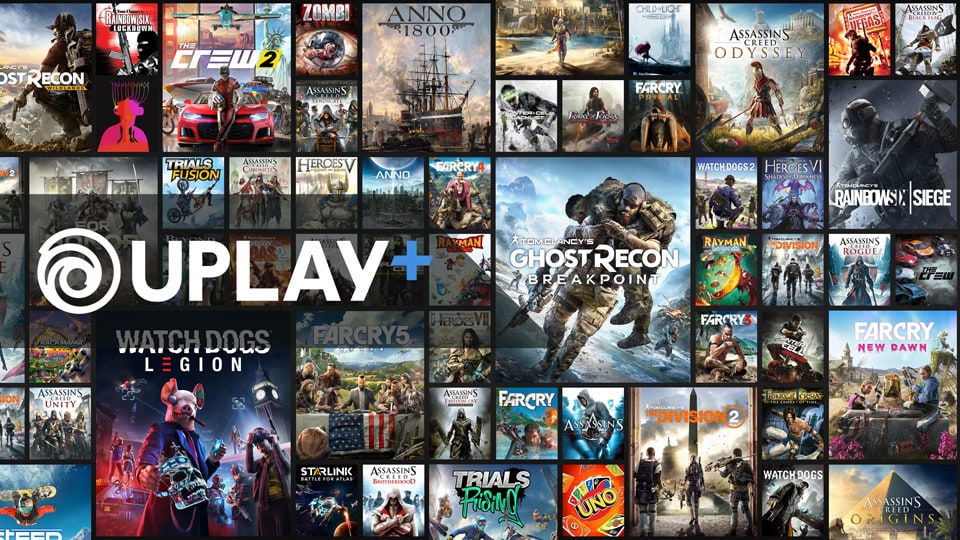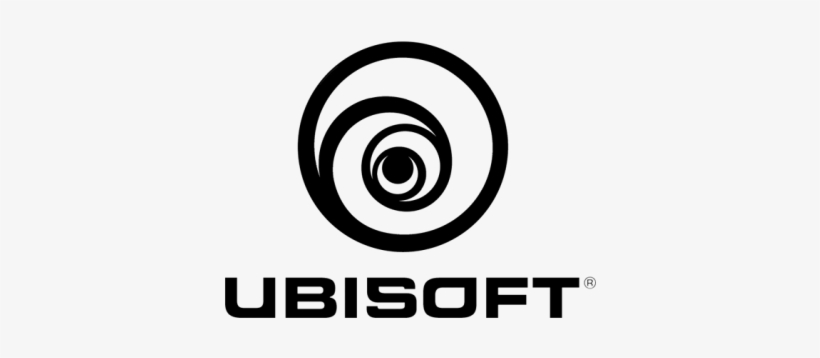In the not-so-distant past, gamers enjoyed the thrill of heading to brick-and-mortar stores to purchase physical video game discs. However, the advent of digital distribution platforms such as Steam and the Epic Games Store revolutionized the gaming landscape.
Embracing the convenience of downloading their favorite titles, many players transitioned to the realm of digital gaming. Major publishers, including industry giants like EA and Ubisoft, established their online stores to cater to this growing trend. But it’s Ubisoft’s recent decision that has set off a firestorm of controversy, raising concerns over digital ownership and the preservation of gaming heritage.
Hey there. We just wanted to chime in that you can avoid the account closure by logging into your account within the 30 days (since receiving the email pictured) and selecting the Cancel Account Closure link contained in the email. We certainly do not want you to lose access to…
— Ubisoft Support (@UbisoftSupport) July 20, 2023- Advertisement -
A single tweet from a frustrated player has triggered an outcry within the gaming community. In the tweet, the player shared an email from Ubisoft, shocking them with the news that their account had been suspended due to inactivity. To make matters worse, Ubisoft warned of a permanent deletion if the account remained unused for 30 days, resulting in the loss of access to all purchased games. The tweet quickly gained traction, amassing over two million views, and evoking a torrent of indignation from gamers worldwide. In response, Ubisoft’s customer support offered a solution – clicking the embedded link in the email would save the account from obliteration. However, the French company clarified on its website that accounts inactive for over four years were at risk of deletion, although exceptions were possible.
Digital Dilemma: The Perils of Losing Purchased Games
The Dilemma of Digital Ownership: Gamers Fear Losing Access to Purchased Titles, The core of the controversy revolves around the jeopardy of losing purchased games. Ubisoft’s decision to delete dormant accounts has ignited a profound debate about the concept of digital ownership. When gaming companies wield the power to close an account or terminate their services, players face the disheartening reality that their cherished game library and invested funds could vanish without a trace. This alarming prospect rekindles discussions on the importance of preserving gaming heritage and raises profound questions about genuine ownership in the digital era.
If you close your UBISOFT account you will not be able to play your purchased games on STEAM 💀⛔️ pic.twitter.com/idIEt891Ph
— AntiDRM🔴 (@PC_enjoyer) July 24, 2023
The Vanishing Legacy: Gaming Preservation on the Precipice
A recent study by the Video Game History Foundation has revealed a disconcerting fact – a staggering 87% of video games released in the United States before 2010 are at risk of extinction due to inaccessibility. This sobering statistic prompts gamers to question the validity of their ownership when acquiring titles from online stores. With the specter of losing access to an entire gaming collection, the issue extends far beyond Ubisoft, forcing us to confront the broader implications of digital distribution on the future of gaming preservation.

A Word of Caution: Vigilance in the Face of Ubisoft's Emails
As the uproar intensifies, gaming enthusiasts are urged to remain vigilant by thoroughly inspecting their inboxes for any communication from Ubisoft. Regular account activity is now imperative to safeguard digital purchases and retain access to treasured games.
UBISOFT closes your account if you haven’t logged in for some time.
— AntiDRM🔴 (@PC_enjoyer) July 19, 2023
You will lose all your games purchased forever. pic.twitter.com/exC78bUt93
In conclusion, Ubisoft’s recent decision to delete dormant accounts has unleashed a maelstrom of criticism, spurring impassioned discussions about digital ownership and gaming heritage preservation. Gamers now find themselves grappling with the potential loss of their beloved titles and the degree of control they wield over their digital collections. As the digital landscape evolves, it becomes incumbent upon both gamers and publishers to strike a delicate balance that respects digital ownership while embracing the opportunities offered by the ever-evolving digital era.








